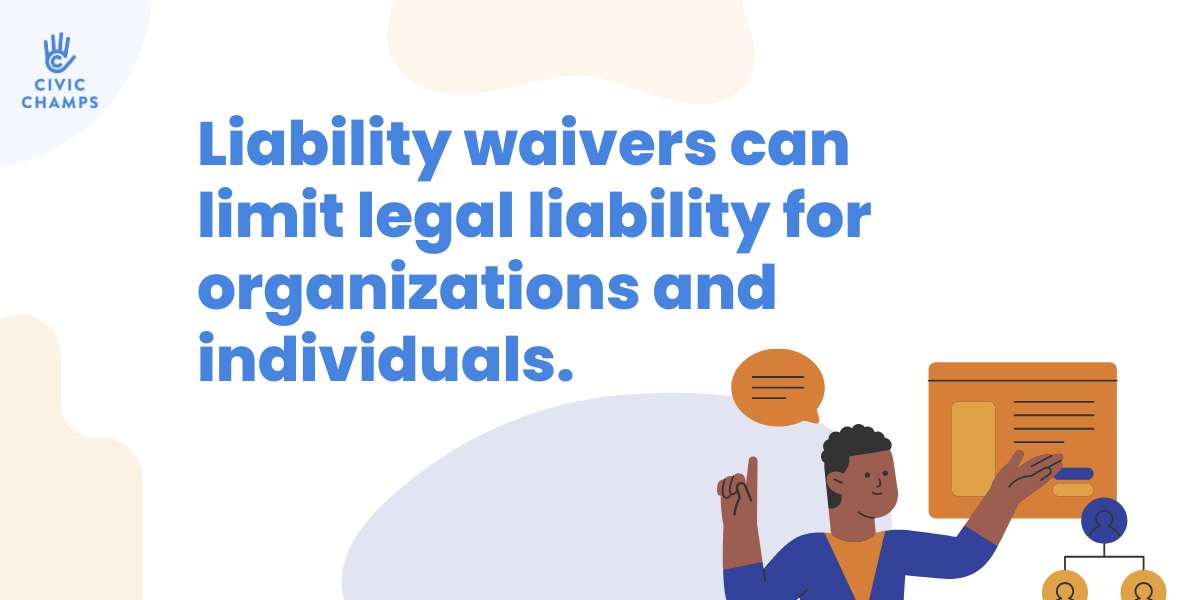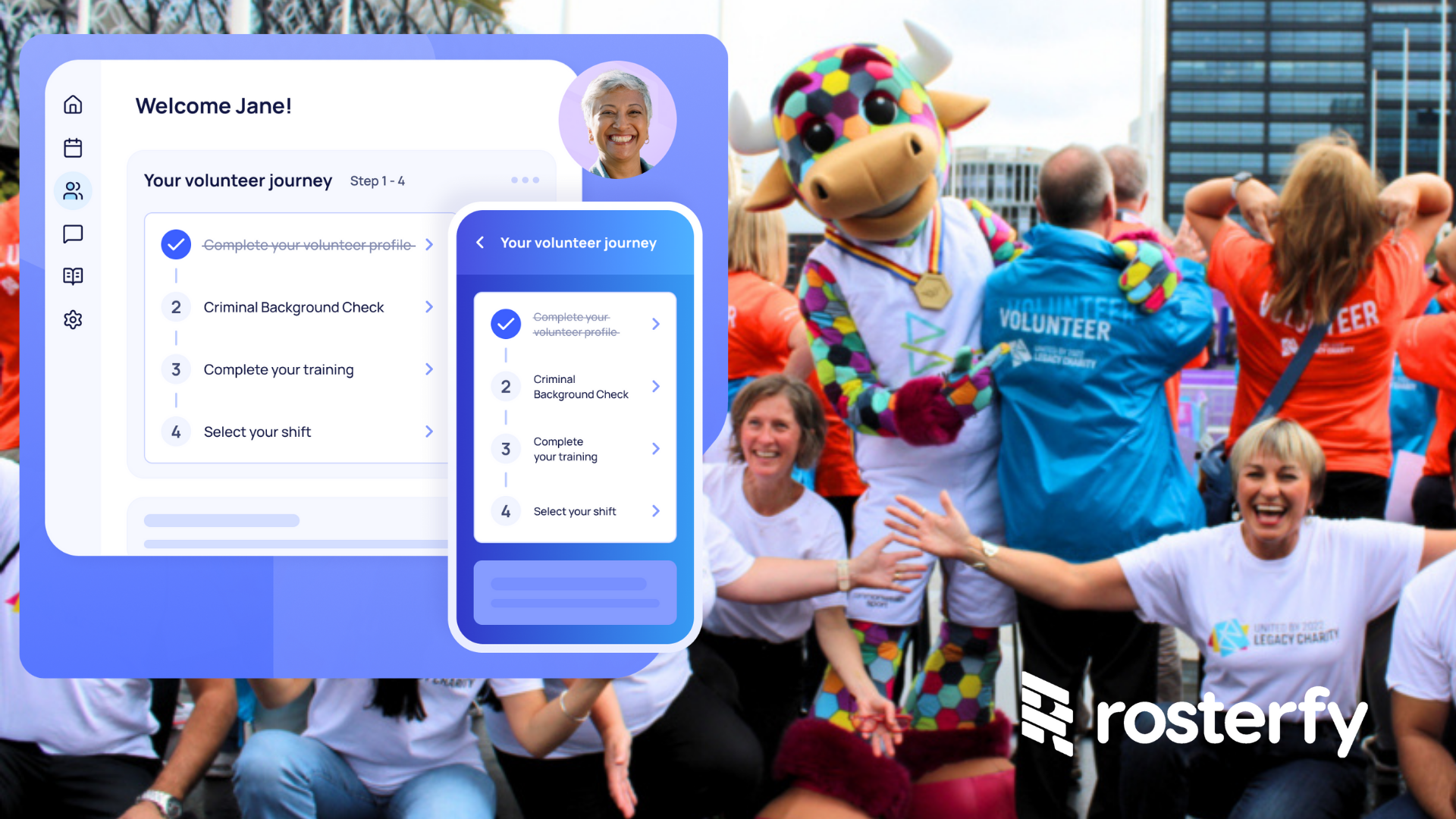Liability waivers are a common tool used by organizations to limit their legal liability in the event of accidents or injuries. But do they actually work? This question is critical for nonprofits and organizations that rely on volunteers, as understanding the effectiveness of these waivers can significantly impact risk management strategies. In this article, we will explore the effectiveness of liability waivers, common pitfalls, tips for writing strong waivers, and their legal status. For a deeper dive into this topic, visit our volunteer waivers page.
Do Liability Waivers Actually Work?
Liability waivers can limit legal liability for organizations and individuals. When a participant signs a waiver, they typically agree to relinquish their right to sue the organization for injuries sustained during the activity. However, their effectiveness can vary based on jurisdiction and specific wording. A well-crafted liability waiver form can be crucial in determining enforceability.
Courts often scrutinize waivers to ensure they are clear, specific, and not overly broad. Therefore, understanding the legal landscape in your area is essential for ensuring that your waivers hold up in court. For instance, in the case of Bagley v. Mt. Bachelor, Inc., the Oregon Supreme Court found that a waiver was unenforceable due to its overly broad language and the lack of negotiation power for the participant. (en.wikipedia.org)
Additionally, organizations using Civic Champs can benefit from our integrated features that streamline the waiver process, ensuring that all necessary elements are included and that participants can easily access and sign waivers through our user-friendly mobile app.

What Are Common Liability Waiver Pitfalls?
One of the most significant challenges with liability waivers is the use of ambiguous language. If a waiver is not clearly articulated, it can lead to unenforceability in court. Key pitfalls to avoid include:
- Vague Language: Courts consistently strike down waivers that use vague or overly broad language or that fail to adequately describe the types of injuries or liabilities covered. (thelawtoknow.com)
- Failure to Address Specific Risks: Not addressing specific risks associated with the activity can weaken the waiver.
Utilizing a volunteer waivers free template can help avoid common pitfalls by providing a structured format that includes necessary elements while ensuring clarity.
How Can I Write a Strong Liability Waiver?
To create a strong liability waiver, it is essential to use clear and concise language to outline risks and responsibilities. Consider the following tips:
- Explicitly State Activities and Risks: The waiver should clearly state the nature of the activities involved and the potential risks participants may encounter.
- Acknowledge Understanding: Include a section for participants to acknowledge their understanding of the waiver. This reinforces their awareness of the risks and their agreement to assume them.
- Enhance Visibility: Present the waiver in clear, bold print, and ensure it is a standalone document to enhance its enforceability. (cwilson.com)
For instance, Civic Champs provides tools that allow organizations to track participant engagement and feedback, which can help refine waiver language based on real-world experiences and concerns.
Are Waivers Legal Documents?
Yes, waivers are considered legal documents but must meet specific criteria to be enforceable. They must be signed voluntarily and without coercion. This means that participants should not feel pressured to sign the waiver; they should have the opportunity to read and understand it fully before agreeing.
Courts may examine the context of execution—such as time pressure, unequal bargaining power, or the presence of alternative options—to determine whether the waiver was genuinely voluntary. (thelawtoknow.com)
Understanding the legal nature of a Liability Waiver form is essential for organizations to ensure that their waivers are valid and can withstand legal scrutiny. Furthermore, leveraging Civic Champs's volunteer management software can simplify the process of collecting and managing waivers, ensuring compliance with local laws and regulations while minimizing administrative workload.
In conclusion, while liability waivers can be effective tools for limiting legal liability, their success largely depends on their clarity, specificity, and adherence to legal standards. Organizations should take the time to craft well-structured waivers and consider consulting legal professionals to ensure compliance with local laws. By utilizing tools like Civic Champs, organizations can enhance their volunteer management processes, streamline waiver collection, and ultimately create a safer environment for their volunteers.
Ready to make a difference while protecting yourself? Schedule a demo today and discover how Civic Champs can support your organization in managing volunteers effectively.

As CEO of Civic Champs, I lead our team of passionate change leaders to create technology solutions to create a seamless and rewarding volunteering experience for both volunteers and service organizations.



.png)
